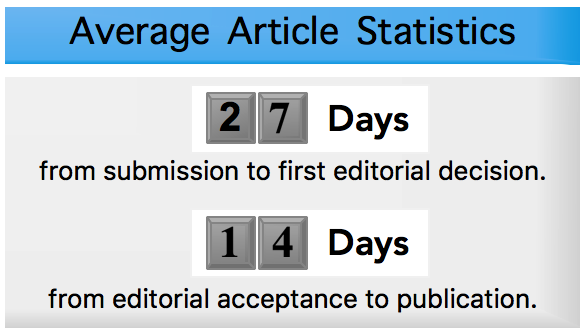Downloads
Abstract
We consider nonsmooth semi-infinite multiobjective optimization problems under mixed constraints, including infinitely many mixed constraints by using Clarke subdifferential. Semi-infinite programming (SIP) is the minimization of many scalar objective functions subject to a possibly infinite system of inequality or/and equality constraints. SIPs have been proved to be very important in optimization and applications. Semi-infinite programming problems arise in various fields of engineering such as control systems design, decision making under competition, and multiobjective optimization. There is extensive literature on standard semi-infinite programming problems. The investigation of optimality conditions for these problems is always one of the most attractive topics and has been studied extensively in the literature. In our work, we study optimality conditions for weak efficiency of a multiobjective semi-infinite optimization problem under mixed constraints including infinitely many of both equality and inequality constraints in terms of Clarke subdifferential. Our conditions are the form of the Karush-Kuhn-Tucker (KKT) multiplier. To the best of our knowledge, only a few papers are dealing with optimality conditions for SIPs subject to mixed constraints. By the Pshenichnyi-Levin-Valadire (PLV) property and the directional metric subregularity, we introduce a type of Mangasarian-Fromovitz constraint qualification (MFCQ). Then we show that (MFCQ) is a sufficient condition to guarantee the extended Abadie constraint qualification (ACQ) to satisfy. In our constraint qualifications, all functions are nonsmooth and the number of constraints is not necessarily finite. In our paper, we do not need the involved functions: convexity and differentiability. Later, we apply the extended Abadie constraint qualification to get the KKT multipliers for weak efficient solutions of SIP. Many examples are provided to illustrate some advantages of our results. The paper is organized as follows. In Section Preliminaries, we present our basic definitions of nonsmooth and convex analysis. Section Main Results prove necessary conditions for the weakly efficient solution in terms of the Karush-Kuhn-Tucker mult iplier rule with the help of some constraint qualifications.
Issue: Vol 3 No SI3 (2020): Special Issue: Recent Advances in Applied Sciences
Page No.: SI52-SI57
Published: Jan 22, 2021
Section: Research article
DOI: https://doi.org/10.32508/stdjet.v3iSI3.637
Download PDF = 408 times
Total = 408 times

 Open Access
Open Access 








